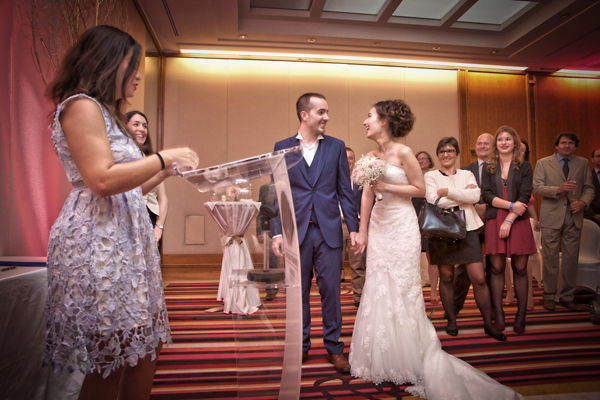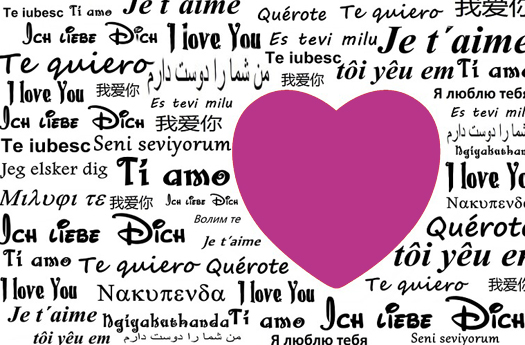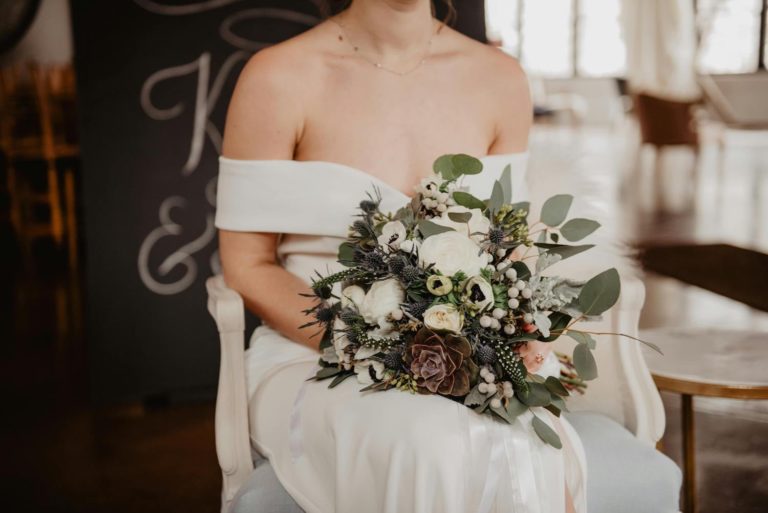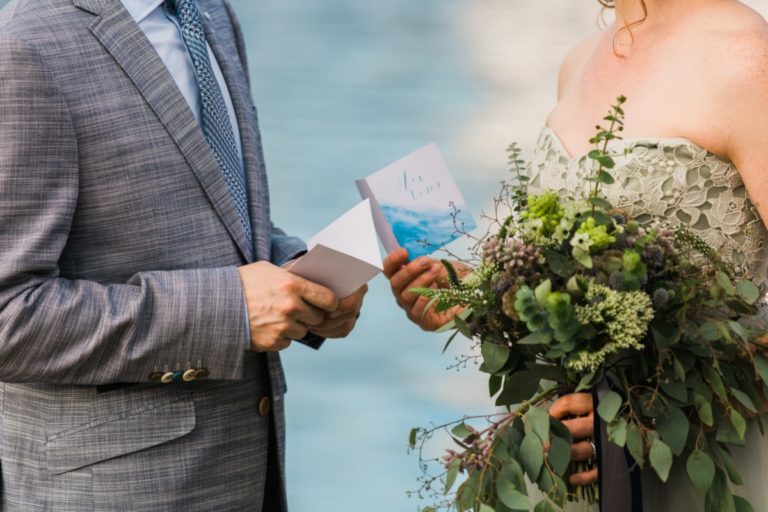How to Have a Bilingual Wedding Ceremony?
With the upcoming secular ceremonies to plan and the broad cultural diversity of our country, I am increasingly meeting foreign couples or couples with guests who do not speak French. The question then arises of planning a bilingual wedding ceremony.
There are many points to settle before planning a bilingual wedding ceremony. Here are a few suggestions :
Should the ceremony be celebrated in two languages?
First of all, you need to take into account the number of guests who do not speak the language of the ceremony. If there are many of them, you could include a translation of key moments for example, so they could understand the main message of the ceremony. Il est également possible d’alterner des passages en français et des passages dans l’autre langue, de manière à rendre la cérémonieYou can also switch from French to another language, to make the ceremony more dynamic. If the officiant speaks several languages, it shouldn’t be a problem. If not, you can hire a translator or see if a family member or a friend could take up the job and get in touch with the officiant to see how it can be done. Personally, I would not recommend translating the entire ceremony, word by word. This would greatly impact the length of the ceremony and could drain the emotions out of it. For a small party of guests who do not speak French, I usually only translate a few key sentences, such as the opening remarks, thanking the guests and the ring exchange for example.
Should I hand out a written translation?
Again, it depends on the number of guests who do not speak the language of the ceremony. For a couple of guests, I wouldn’t suggest it, but I love the idea for a bigger party of foreign guests. That way, you can be sure that everyone will understand the content of the ceremony. What’s more, a written translation would be a nice souvenir for the guests, who often traveled from abroad to attend the wedding. This is one way to show them that you care about them and their well-being during the ceremony: it’s not a comfortable position to attend an event where you don’t understand the language that is being spoken.
How to manage the vows and the participants?
Whatever makes the newlyweds happy! We are here to share in a moment of happiness, not to present a dissertation. That is also one of the advantages of a secular ceremony: you can plan whatever tickles your fancy! If one of the partners feels more comfortable in another language, he or she may read rows in that language. Newlyweds can perfectly mix both languages or express something, may it be a thought, a sentence, a saying, an expression, etc., in another language if it makes more sense to them. The point to remember is that most of the guests should understand what is being said.
With the guests’ participations, the best option is, yet again, choosing what’s more comfortable for each person involved, it keeps the ceremony lively and authentic. You can have the officiant speak after each intervention to explain in a few words what was said. Or you can have participants read one speech as a duo, each saying a line in a different language. If a written translation is provided, it will make these interventions even clearer.
In a nutshell
It is completely possible to have a bilingual wedding ceremony, as long as you make the right choices, taking into consideration the number of guests, the officiant’s ability to speak another language, the possibility to find friends or family members who’d be willing to help with the translation, as well as assessing the importance of the moments you’d like translated.
I am lucky enough to speak English, German, Spanish and Italian, and to be able to offer a service in these languages for your secular ceremony in Switzerland or abroad.








